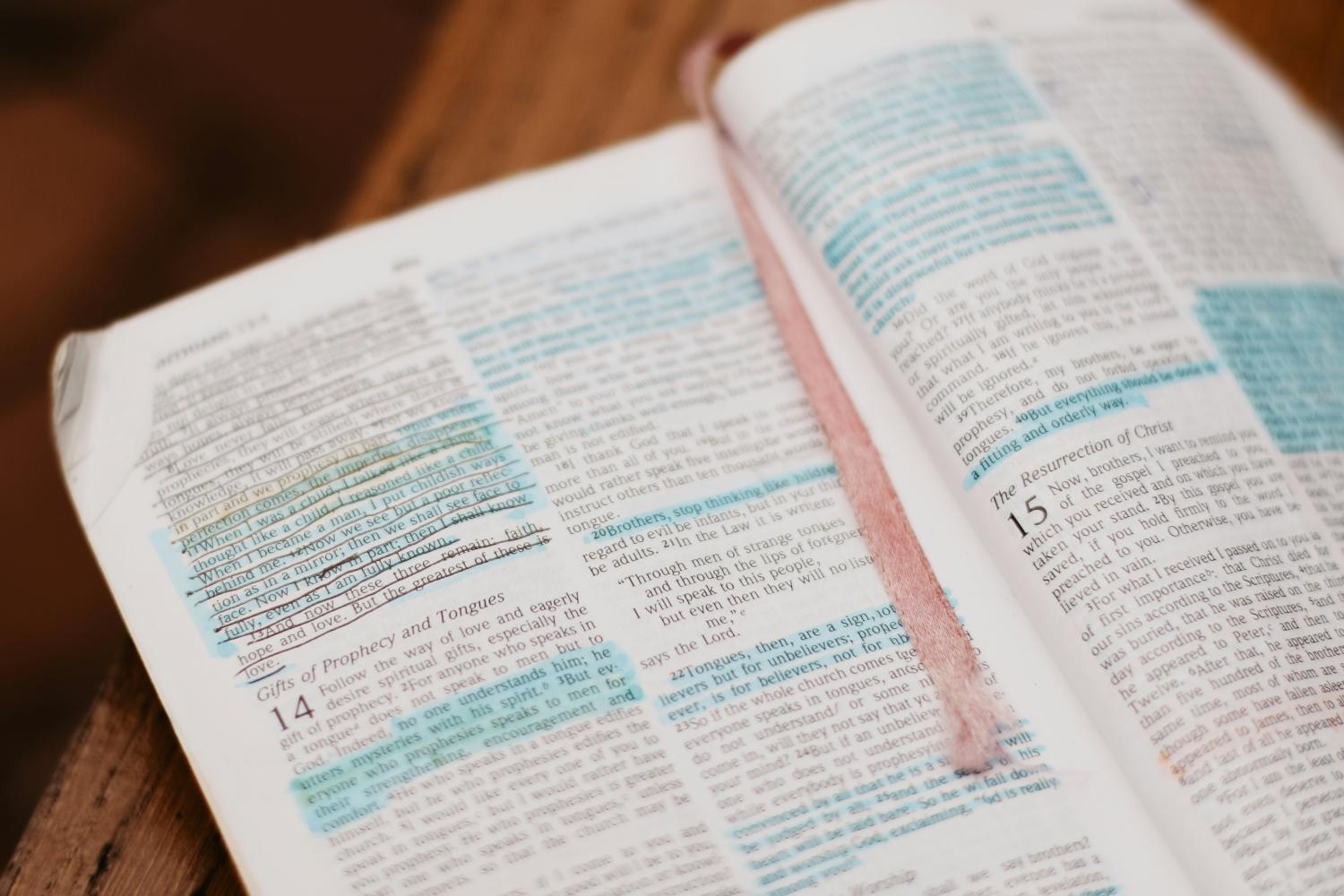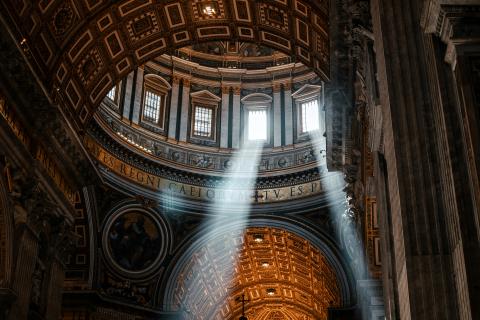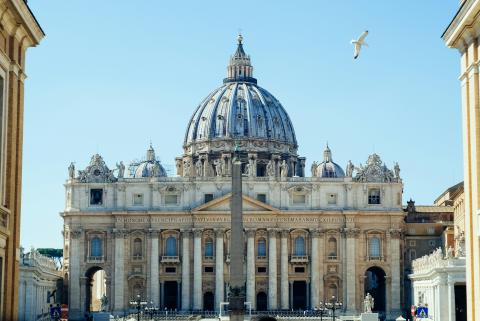
The United Methodist Church (UMC) recently adjourned its General Conference, a regular meeting of delegates from around the globe to set official church policy. Among the most anticipated discussions were those over the church’s stance on LGBTQ+ inclusion, sexual ethics, and abortion. The outcomes were a sweeping victory for the more progressive among them: bans on gay clergy and same-sex marriages were removed, as were specific bans on adultery and sex before or outside of marriage, and support for abortion rights was affirmed. Equally significant, however, was the UMC’s decision to “regionalize,” an action that allows each of its four global regions to enforce different moral standards on these issues, preventing more conservative regions from affecting more progressive regions’ rules, or vice versa. It was a major splintering of a major Protestant denomination.
But of course, all Christians are negotiating the same issues that faced the UMC (for example, this Associated Press article offered its own worried, wary look at the opposite trend happening in the Catholic Church, which has seen an uptick in more traditionally-minded beliefs and practices among young people). In any Christian community, disagreements are rife over what’s true, what God’s way must be, and what it means to be a faithful Christian. And it’s worth simply tracing out why those disagreements play out so differently – why the Catholic Church undergoes a sometimes wearying interior battle, for instance, and why the UMC would take up the decision to regionalize.
It's sometimes thought that Catholics have maintained a belief in the infallibility of doctrine that Protestants have lost. But all serious Christians believe that theirs is a revealed religion – that God has actually said things to us about all these issues which we ought to ascribe to – and with belief in a revelation necessarily comes belief in infallibility: without a doctrine of infallibility, belief in a revelation simply couldn’t hold together. It would go something like this: “God just said something to us that’s really important – it’s a matter of life and death!” “Oh, great! What did he say?” “Well, we’re not quite sure...” It doesn’t exactly work.
So the question hasn’t been one of infallibility or not – whether we can put absolute stake in God’s revelation to us or not – but one of where that infallibility is located. Catholics have held that Christ gave the gift of infallibility to the Church, who carries it in various ways: through the Scripture, the Tradition of the Apostles, and the living voice of the Magisterium that continues to interpret it.
By contrast, Protestants have transferred that infallibility strictly to the Bible. And the result has been a regular, sometimes impassioned debate over how to interpret what’s found there that has resulted, at times, in splintering episodes like the UMC’s. It’s had to: as Saint John Henry Newman once put it, “a book,” even a divinely inspired one, “cannot make a stand against the wild living intellect of man.” Those wild living intellects inevitably assert various portions of the Scripture as God’s definitive word, but then there’s discrepancy, and no clear means to resolve it. The result – indeed, the rather logical one – has been the establishment of different regions or sects or, in more serious cases, denominations.
Protestant faiths have been the recipients of a great many graces – a love for evangelization, for the person of Jesus Christ, for the Bible – which Catholics can learn very much from. One might say that the Catholic Church has received the grace to be a unified Church. That has at times made for a messy, sometimes agonizing inner struggle, evidenced by the diverging opinions of various Catholics cited in the AP article, but it has also prevented it from fracturing under debates over doctrine and morality. Both graces may be taken as signs, perhaps, of how God looks to work among his faithful. And both, perhaps, are also signs of how we might pray for one another in this modern maelstrom of supercharged issues, as Christians longing and fighting to be sincerely faithful to the truth of God’s word, as he’s revealed it to us.
In the coming months, many Catholic dioceses across the country will ordain new priests. Bishop Barron reflects on the three countercultural promises of priests.
Christ’s ascension takes the training wheels off our faith.


